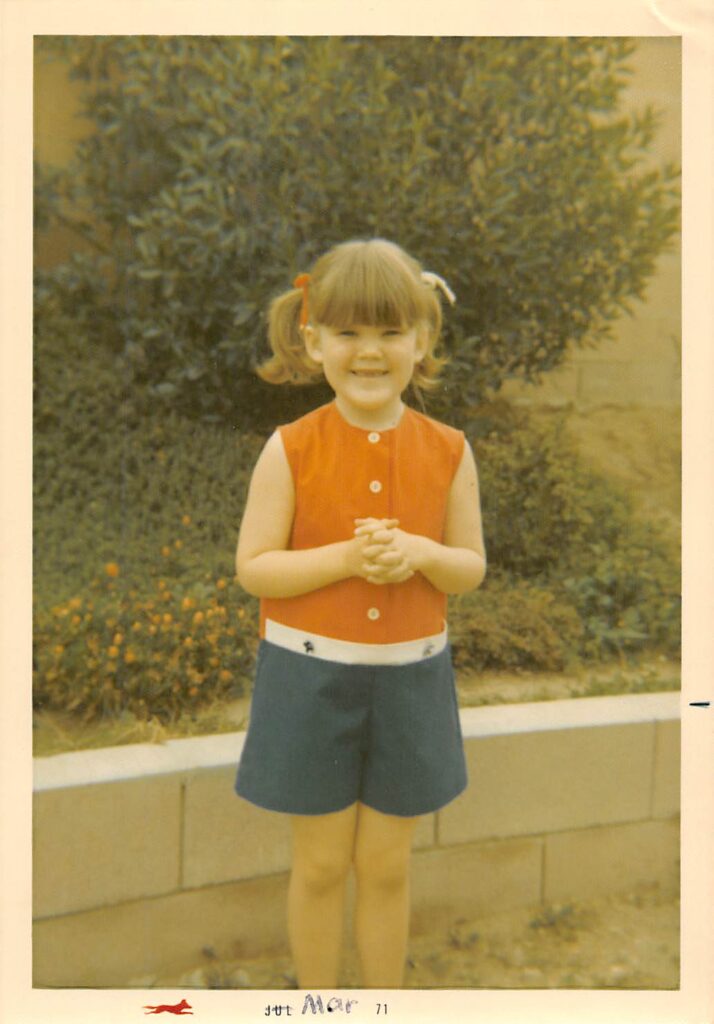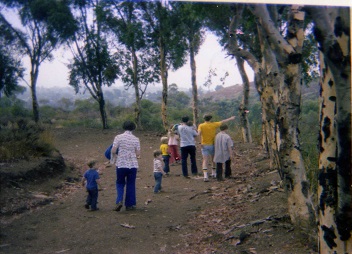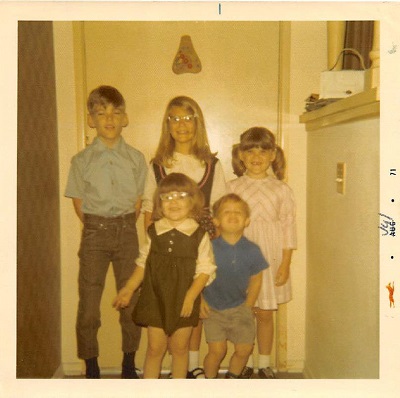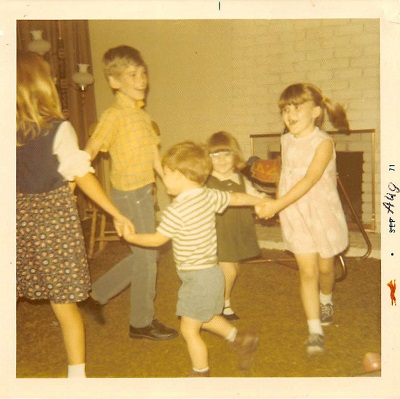Shiny Happy Childhood – Judging

I thought I was finished blogging about my reactions to the “Shiny Happy People” documentary series. But last night, I had dinner with a friend who had been involved in Bill Gothard’s training. (I’m finding many more friends than I’d ever suspected had been exposed to his teachings.) We did some unpacking together.
First, let me give links to what I’ve blogged about so far:
Background – My background as third of thirteen kids and going to Bill Gothard’s seminars many times in childhood.
Authority – Bill Gothard taught a strict hierarchy of authority is ordained by God, and if you “get out from under it,” you’re in danger of Satanic attack.
Spankings – They taught that God’s design is to teach babies on up to learn “instant obedience” with physical punishments. That didn’t work out well in our family, from my perspective anyway.
Legalism – Gothard promised to have universal principles for living your life all down in black and white. Rules, so you never have to exercise discernment! My Mom and I ate them up.
And that leads to Judging, which I’m going to talk about today.
If you believe that you truly have universal life principles that apply in all times and all circumstances, and if you are pretty good at following those rules — then that leads to becoming very judgmental. And a very set-apartness from those “other” people. It’s an exclusive attitude and way of life, rather than an inclusive one.
When our family moved to a bigger house in 1970, it was in a “bad neighborhood.” Basically, almost all the neighbors spoke Spanish. We did not get to know very many of them. (Except our persistently friendly Filipino neighbor next door.) We did not go to the local school, but began attending a Christian elementary school. (That was in 3rd grade and when I met two lifelong friends I moved to Virginia to be near!)
When you believe that you have the only right way to live — you end up thinking you’re better than other folks who don’t live that way.
I remember when I was teaching college math and one of my young adult students was having some issues with her boyfriend that were making her need homework extensions, I felt so sorry for her living with her boyfriend. Of course she was missing out on God’s best. No wonder they were having problems!
And I’ve already mentioned my mother’s scorn for women who work outside the home.
When I found out my husband was seeing another woman behind my back, I believed him that it was not an affair. And I figured that since I knew he’d waited to have sex with me until we were married, then of course I could trust he had self-control and wouldn’t have sex with anyone else.
I was wrong about that. And all the divorced people I’d judged for letting their marriage go? (Or something) Well, I learned to be a lot less judgmental about that, too.
So, yes, while the divorce was a terrible thing that happened to me – the humiliation it brought and the dismantling of my beliefs that doing right things will keep you safe from trouble and that people who got divorced obviously didn’t do right things — that whole ball of wax — all that was one of the good effects to come out of that awful situation.
Another thing that helped me become less judgmental was coming to believe the Bible teaches universalism. It happened from reading the sermons of George MacDonald, a 19th-century preacher. And I’ve followed up by searching the Scriptures and reading many more books, and I truly believe, with great joy, that God’s going to end up saving everyone. I think many may come to Jesus after death, but I do believe that one day “at the name of Jesus every knee — of beings heavenly and earthly and subterranean — should bend, and every tongue gladly confess that Jesus the Anointed is Lord, for the glory of God the Father” (Philippians 2:10-11, David Bentley Hart’s translation).
But if I can trust that God will save everyone, despite the other people’s path being different from mine — well, there’s simply not as much room for judgment.
As Paul says in Romans, “Who are you to judge someone else’s servant? To his own master he stands or falls, and he will stand, for the Lord is able to make him stand.” Now I really believe that the Lord will make “those people” stand.
I’m not here to argue Universalism. Another verse from Philippians says, “And if on some point you think differently, that too God will make clear to you — only let us live up to what we have already attained.”
What I’m trying to say is that one problem with saying you have universal principles — is that you are setting yourself up as the authority on how every single person on earth should live their lives. That isn’t very loving, and it definitely tends toward being judgmental — I’ve seen it in myself.
Now, I have by no means destroyed judgmentalism in myself. I definitely tend to be judgmental toward judgmental people in particular. (That’s the “measure they mete,” so it’s fair to give it back?) Though I think I’ve forgiven, I’m pretty darn judgmental about men who have affairs.
But still, I believe I’m going to see those people in heaven some day. I believe that God loves them and will correct and restore them. And I don’t want to be angry with God about that, like the elder brother of the Prodigal Son, or like the workers in the vineyard who worked all day long in the vineyard but were paid the same as those who only worked one hour.
Because it comes down to what it says in Psalm 103 — “The Lord is compassionate and gracious, slow to anger, abounding in love.”
I’m not saying that any of “those people” will get off the hook. Correction and restoration may be very painful. But that is between them and God. May I learn to become more and more like my Father — compassionate and gracious.


